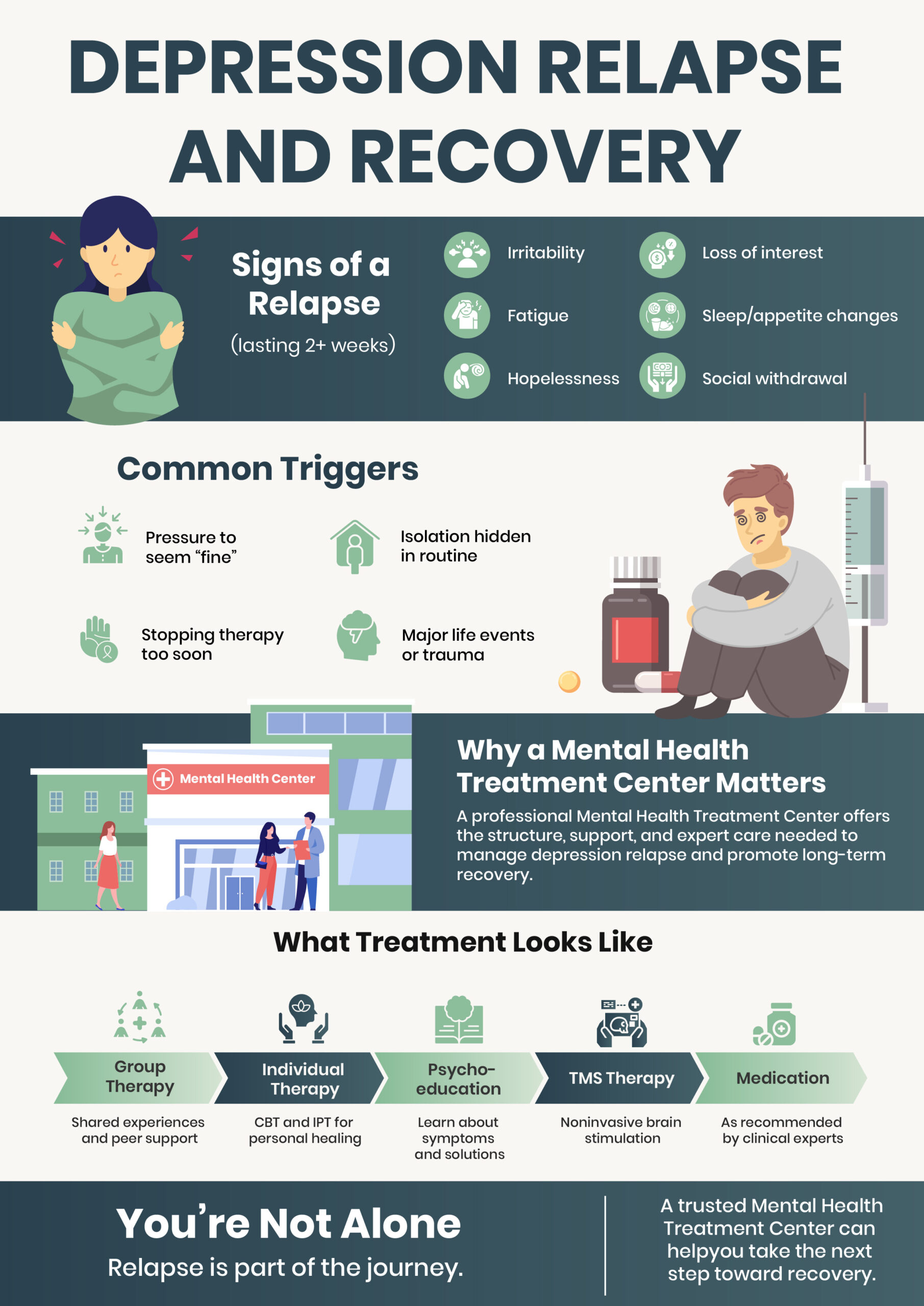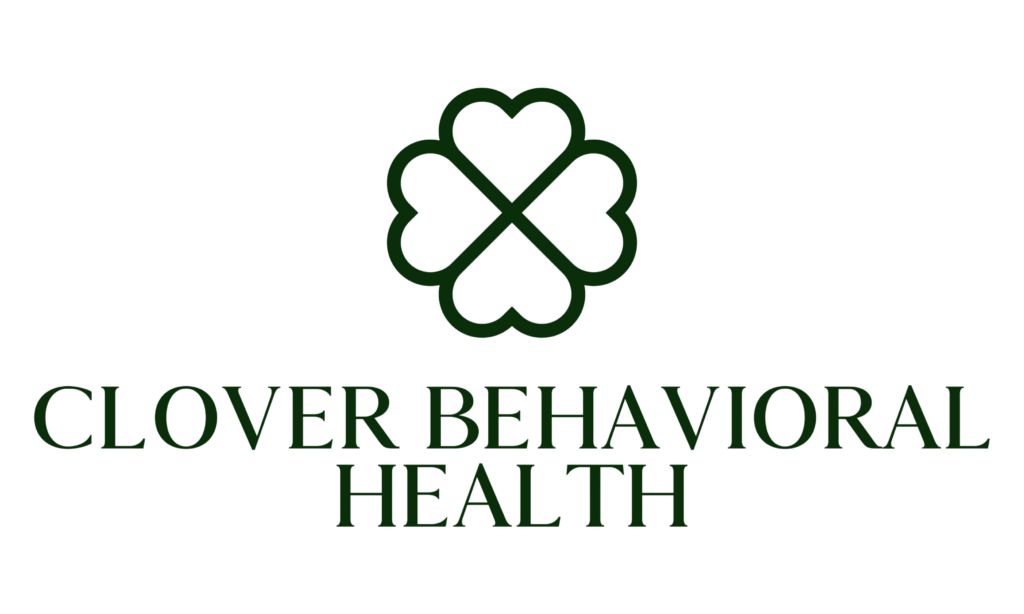Types of Counselling Available for Depression Near Chelmsford
If you or someone you care about is looking for help with depression in or around Chelmsford, it helps to know what kinds of counselling and therapy are available and what each one actually feels like in real life. Below, you’ll find what the evidence says about them, and practical tips for choosing what might suit you best.
About one in six adults in England experiences a common mental health problem, such as anxiety or depression, in any given week, so you’re far from alone.
Therapies come in different styles; some, like CBT, are more structured and practical, while others, like Counselling for Depression or Interpersonal Psychotherapy, feel more like open conversations. There isn’t a “one-size-fits-all” answer. What really matters is finding the approach that feels right and most supportive for you.
Cognitive Behavioural Therapy (CBT) Practical, Focused and Widely Used
Cognitive Behavioural Therapy, more commonly called CBT, is one of the best-known and most widely available treatments for depression in Chelmsford.
CBT is very much about breaking the cycle of unhelpful thoughts and behaviours that feed into low mood.
For example, someone might feel worthless, which makes them avoid social contact, which then reinforces that sense of worthlessness. CBT helps people spot these patterns and develop practical ways to change them.
The sessions are structured and usually short to medium in length, often between six and twenty weeks, depending on what you need. Unlike some other forms of therapy, CBT often involves “homework” practising techniques between sessions so you can apply them in real life.
What makes CBT stand out is how much research has gone into it.

Studies consistently show it helps people reduce depressive symptoms and, just as importantly, lowers the risk of relapse later on.
CBT is one of the most effective treatments offered. It’s particularly well-suited to people who like having practical tools, don’t mind a bit of structure, and want to feel they’re actively working toward change.
(IPT) Talking About Feelings and Relationships
Counselling for Depression (CfD) focuses on exploring feelings, understanding patterns, and building coping strategies. It’s often described as more relational and exploratory than CBT.
Interpersonal Psychotherapy (IPT) focuses on current relationships and role transitions, e.g., grief, changes in social role, and how these shape depressive symptoms.
NHS reports show that IPT and CfD have strong therapy-based recovery rates. In recent service data, IPT had one of the highest recovery rates of the therapies reported, and CfD also performs well. That means these therapies are often as effective as CBT for many people.
People who want to explore the emotional side of depression, the impact of relationships, or the meaning of life changes may prefer the IPT approach rather than a skills-focused format.
This is because not everyone feels comfortable with therapies that are very structured or come with lots of homework. For some people, that kind of approach can feel too rigid or just not what they need. That’s where Counselling for Depression (CfD) and Interpersonal Psychotherapy (IPT) can feel like a better fit.
Behavioural Activation (BA) Simple, Effective, Action-Focused
Behavioural Activation is a straightforward approach that encourages rebuilding rewarding activities and routines, the idea being that action can change mood. It’s practical, often brief, and can be delivered by a range of practitioners.
Meta-analyses and trials show BA is an effective therapy for depression and can be as useful as CBT for many people. People who feel stuck, lethargic, or isolated and who would benefit from a step-by-step plan to reintroduce activities that bring meaning and pleasure.
Digital Therapies and Guided Self-Help, Flexible, Private, and Increasingly Effective
Digital support includes guided online CBT (iCBT), apps, and structured online programmes with therapist support. Research and routine-service reports show guided iCBT can work well for mild-to-moderate depression and is a good option if you need flexible timing or can’t get face-to-face appointments quickly.
Quick access, lower cost can be done from home. Needs motivation to complete modules; less helpful if you have complex or severe depression.
Group Therapy and Peer Support, You Don’t Have To Do It Alone
Group CBT or group counselling can be effective, especially for mild-to-moderate depression. The group format offers practical tools plus the added benefit of peer support; hearing others’ experiences often reduces isolation.
Community groups, charities, and local mental-health organisations also run peer-support groups and wellbeing courses – being some of the most useful complements to formal therapy. Local public-health material for Chelmsford recommends strengthening community-based mental-health support as part of the overall plan.
Simple Steps to Get Started
The easiest first step is often to speak to your GP. They can check whether there’s a medical reason affecting your mood and refer you to NHS Talking Therapies.
In many areas, you don’t even need to go through your GP; you can self-refer online or over the phone.
If you’d prefer private support, places like Clover Behavioral Health can connect you with qualified professionals and give you more choice about the type of therapy and timing that works best for you.
Wherever you look for help, make sure the therapist is registered with organisations like UKCP, BACP, or BABCP. And don’t be shy about asking questions, it’s perfectly okay to ask about their experience with depression, what kinds of changes they usually help people make, and how long treatment might last.
Support in Chelmsford
If you live in Chelmsford, there are some great local options to look into. NHS Talking Therapies is the main free route to structured, evidence-based help, and you can access it through your GP or directly online.
Final Thoughts
Finding the right type of therapy can feel like a lot to take in, and it’s okay if you don’t have all the answers straight away. Everyone’s needs are different; some people want practical tools, while others just need a safe space to talk. What matters is choosing what feels most supportive for you right now.
Depression can weigh you down, but reaching out for help is already a brave step forward. Whether it’s through your GP, NHS Talking Therapies, local charities, or private support like Clover Behavioral Health, there are people who genuinely want to listen and help. You deserve kindness, care, and a way back to feeling more like yourself.
You don’t have to go through this alone. With the right support, things can start to feel lighter again, one small step at a time.























